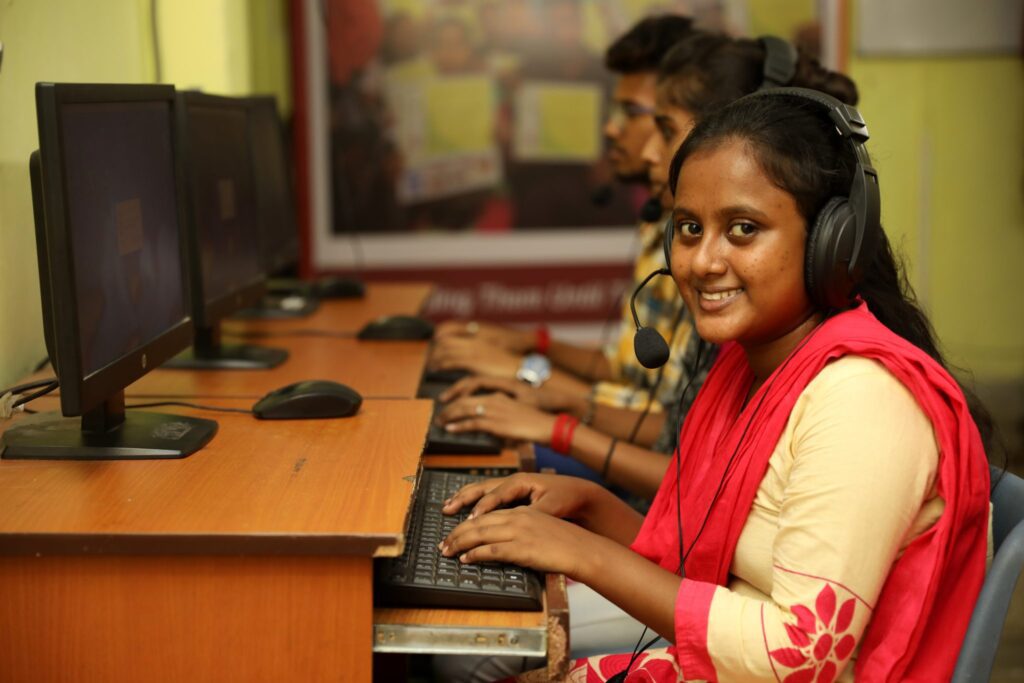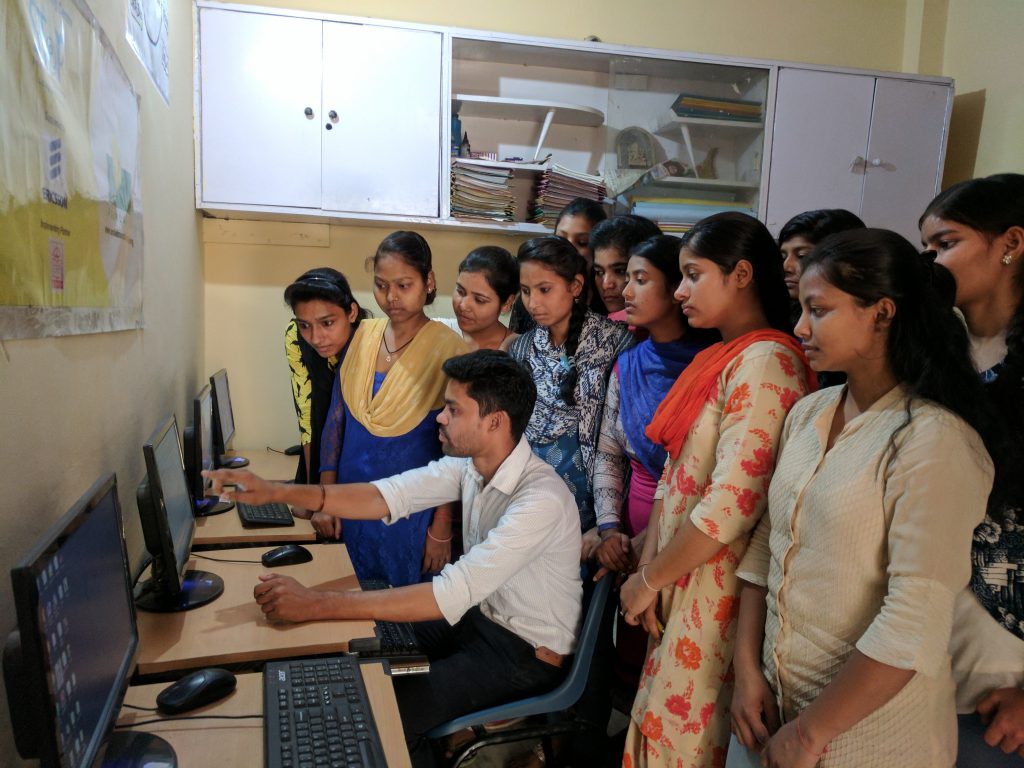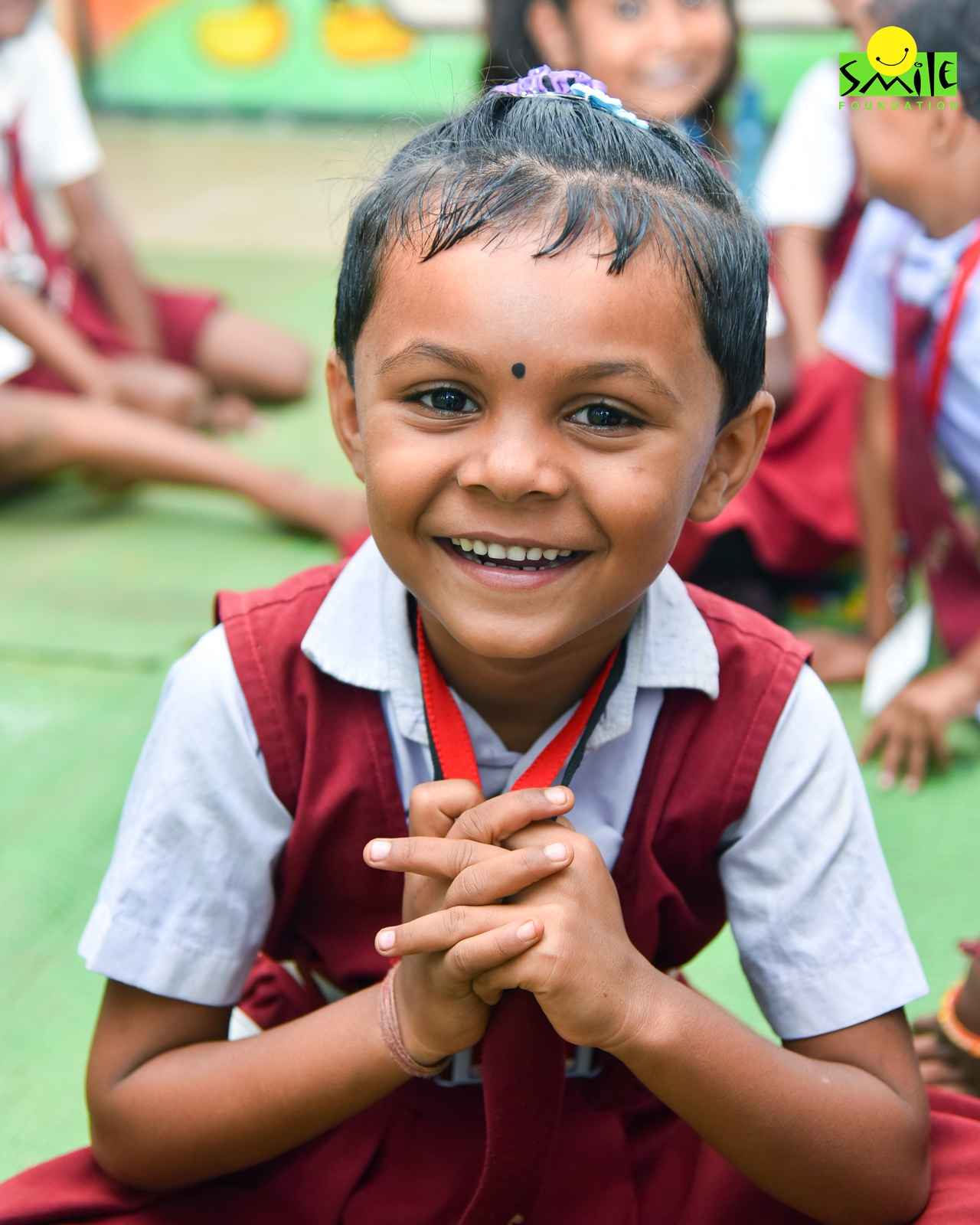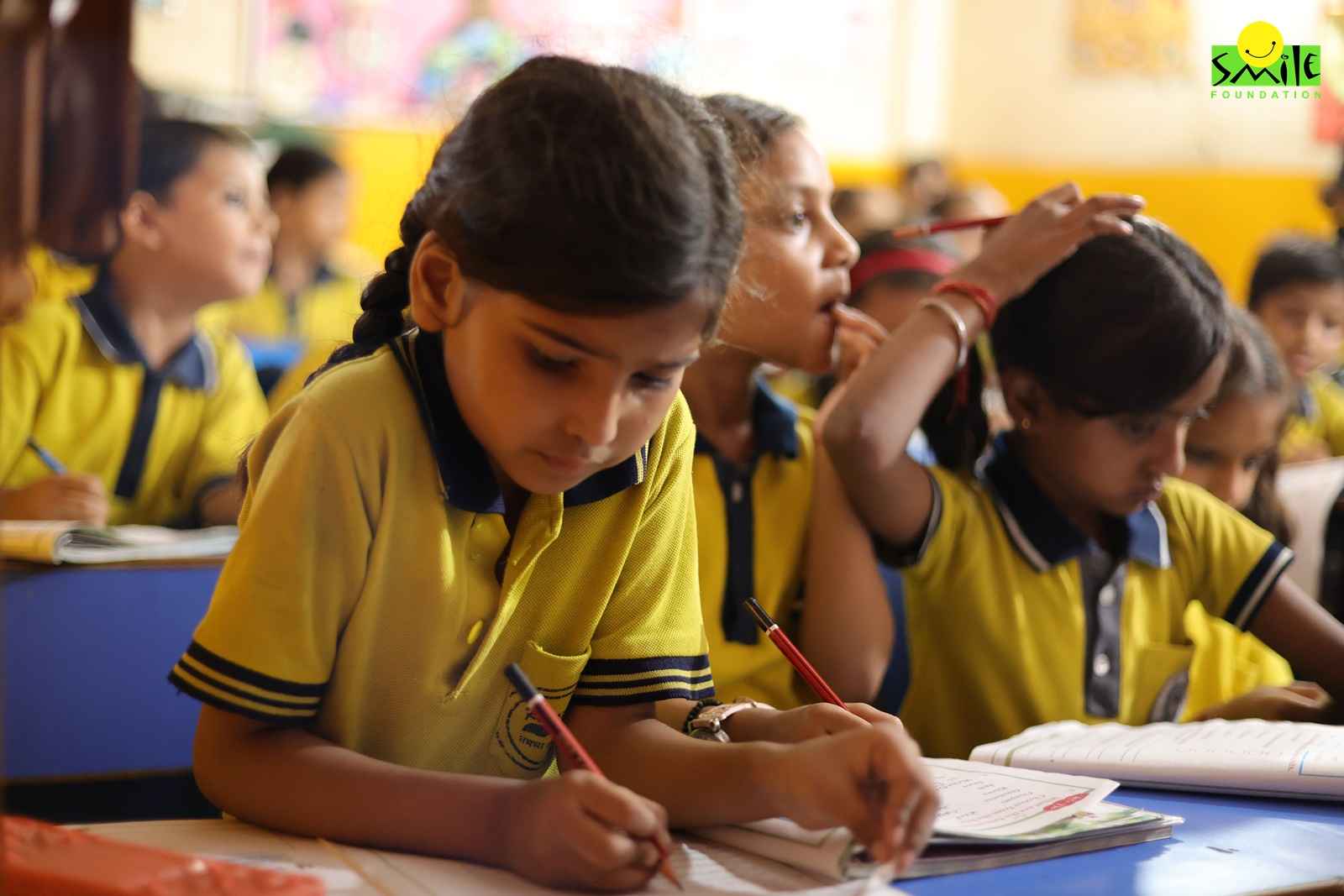Youth is a stage between childhood and maturity when young people progressively grow to be acknowledged as adults through profound physiological, psychological, social, and economic development. It is a period in life that is characterised by vitality, excitement, and inventiveness as well as a growing interest in adulthood and careers.
Youth is a period of feelings, fast mood swings, and an unfamiliarity with the world. When a young person awakens to a new world; character and individuality begin to emerge. Every quality and ability is susceptible to overestimation and overabundance, and self-feeling and ambition are intensified. Indian youth have immense potential provided they are well-equipped to enter the workforce with technical skills and knowledge-backed confidence.
It is necessary to help children cope with unique pressures that arise during the time. Today’s adolescents must deal with external pressures as they struggle with physical and emotional transformations. Millions of young people are forced to assume adult tasks and duties before they are ready due to cultural, gender, globalisation, and economic demands.
In the current digital age, technology is essential to our very survival. From the minute we wake up until the moment we go to bed, technology drives all facets of our life– personal and professional both. Additionally, the pandemic’s severe consequences have made digital the pivotal point for businesses. To solve issues and gain a competitive edge, we are undergoing digital transformations.
Accessing Quality Education
One of the key pillars of prosperity is education. Students learn a lot more when education is easily accessible. The current employment market calls for supplementary talents in addition to technical knowledge. The future of the workforce consisting Indian youth will depend on abilities like creative reasoning, communication, and problem-solving.
Encourage Entrepreneurship
The kids may harness their desire and ingenuity to help tackle problems when we encourage them. They have the potential to think about the nation’s problems and come up with answers. When given entrepreneurial chances, they come up with forward-thinking solutions to these issues, benefiting the country as a whole. Entrepreneurship is the power of youth in India.
The Necessity for Inclusion of Life Skills
Puberty, a shift in biochemical processes that result in a growing body marks the start of adolescence. For the huge youth population in India, it is a time of “Storm and Stress.” It is a period when children wander away from their parents. During this time, it’s typical for young people to spend more time with their peers and adapt to the opinions and judgements of them.
Because of how crucial this shift is, teenagers often struggle with issues like parent-child disputes, role dispersion, or negative identity. It leads to mismatched talents and goals, a lack of purpose, and an unpreparedness for the psychological challenges of adulthood.
The adolescent has times of insecurity, self-doubt, and disillusionment as a result of these internal tensions and societal expectations. The young person engages in risk-taking behaviours and takes chances under these circumstances. For these reasons, teaching young people life skills is essential to assisting them in overcoming obstacles they encounter on a daily basis.
According to the World Health Organisation (WHO), life skills are the aptitudes that enable people to successfully handle the demands and difficulties of daily life. The capacity for adaptable and constructive behaviour known as “life skills” enables people to successfully navigate their daily lives.
Life skills, in particular, are a collection of behavioural talents and soft skills that support healthy and successful coping, problem-solving, critical and creative thinking, effective communication, the development of good relationships, and life management.
It is crucial to situate in school life skills-based education within the larger framework of education system. In the end, life skills education must take place in settings that are inclusive, child-friendly, well-resourced, staffed with skilled and motivated instructors using participatory and experiential approaches. Starting in the junior grades and continuing through the upper grades, it should gradually apply life skills to more delicate and complicated topics.
Fostering an Atmosphere where Life Skills can be Practised
If the youth and adolescents feel in-charge of their lives and get respect and approval from others, including teachers and parents, they are more likely to make wise decisions. But poor future prospects, scant family support, low social standing, and few opportunities to influence community decisions all work against life skills training.
Programs must provide opportunity for students to practise life skills outside of the classroom, challenge common assumptions, and foster support for the right to self-determination if they are to succeed.
Simply said, life skills will only be taught in the classroom only if the society is willing to let kids and teenagers actively participate in decisions impacting them.
Cultivating Community and Academic Support for life skills instruction
Through mobilisation efforts, it is necessary to increase community, school, and family support for life skills-based education.
Launching Livelihood Programmes
Young individuals who work not only earn money but also improve their knowledge, self-worth, and confidence. They also gain a positive view on what the future may bring. Youth might gain a variety of skills, including literacy and numeracy, technical, entrepreneurial, practical, social, managerial, and strategic ones, with the support of livelihood programmes. The students must participate in a variety of academic and occupational decision-making processes that have significant implications for the future. This is the stage at which vocational maturity experiences the greatest development and advancement.
Smile Foundation and Indian Youth
All of the promise is in youth. Smile Foundation with your support is supporting the skilling endeavours of the youth in need of encouragement to expand their knowledge with concerted efforts to place them in flourishing sectors. They will then have complete authority to guide India into its beautiful future.
Learn all about our livelihood initiative, STeP (Smile Twin e-Learning Programme) here.









